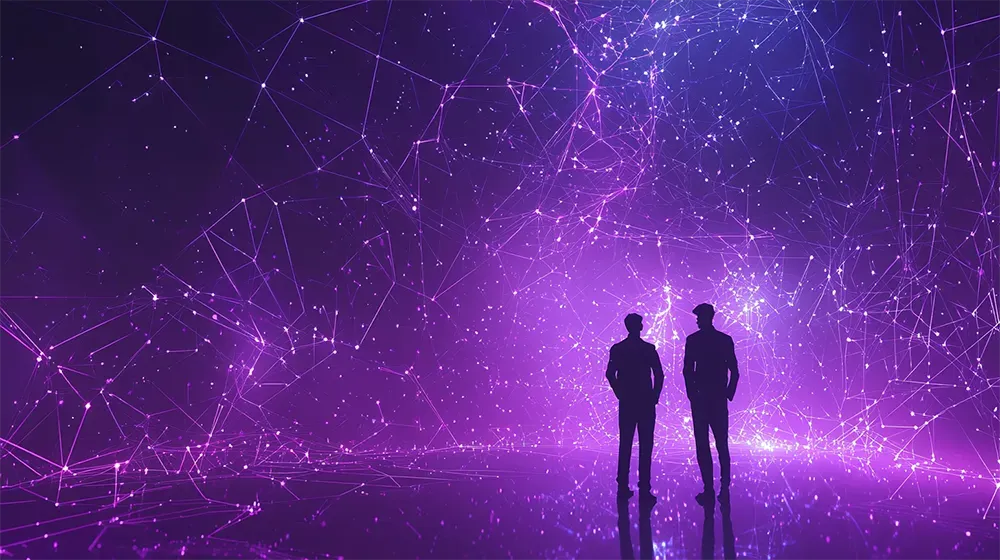AI ‘Superpowers’ or Just a Super Search Engine?

Google’s new AI research assistant is being hyped as a game-changer for science, but so far, it hasn’t actually discovered anything new. If AI is supposed to accelerate breakthroughs, why is it just repackaging existing knowledge?
Google’s AI co-scientist, built on Gemini, promises to revolutionize research by analyzing vast scientific literature, generating hypotheses, and refining ideas through AI-driven debate.
In early tests, it identified potential liver fibrosis treatments but all had been previously studied. It also predicted how genetic elements hijack virus tails, but the information was already scattered in past papers.
While AI can synthesize knowledge faster than humans, it remains an assistant, not an inventor. • AI accelerates synthesis, not discovery. It refines, but doesn’t create. • Context matters. Past AI-driven “breakthroughs” often weren’t new. • Collaboration with human experts is key. AI alone lacks scientific intuition.
AI’s ability to connect the dots is impressive, but is that enough? Can AI truly drive new discoveries, or will it always be a knowledge assembler, not a creator?
Read the full article on New Scientist.
----
💡 We're entering a world where intelligence is synthetic, reality is augmented, and the rules are being rewritten in front of our eyes.
Staying up-to-date in a fast-changing world is vital. That is why I have launched Futurwise; a personalized AI platform that transforms information chaos into strategic clarity. With one click, users can bookmark and summarize any article, report, or video in seconds, tailored to their tone, interests, and language. Visit Futurwise.com to get started for free!






